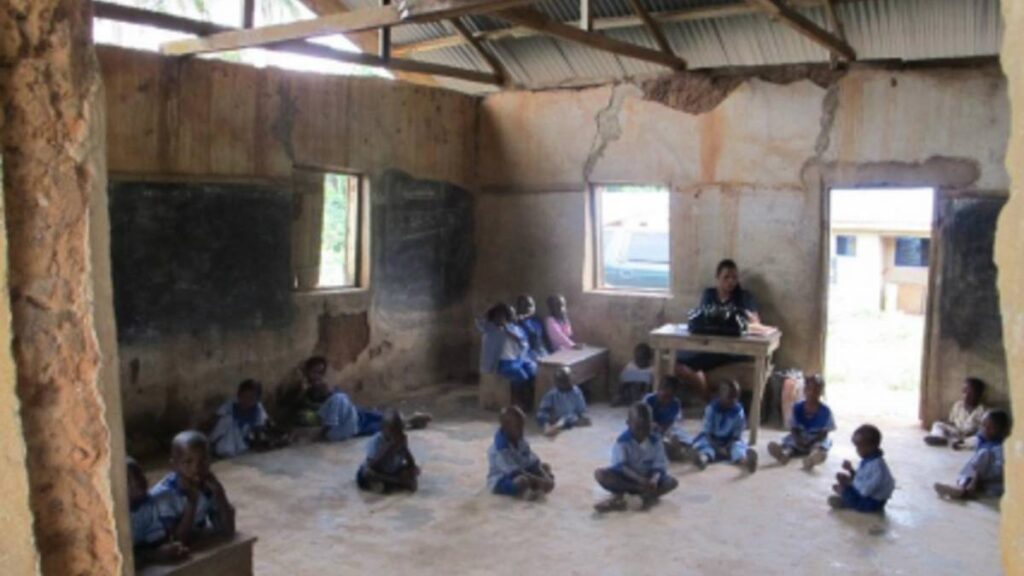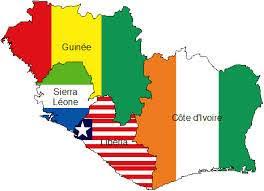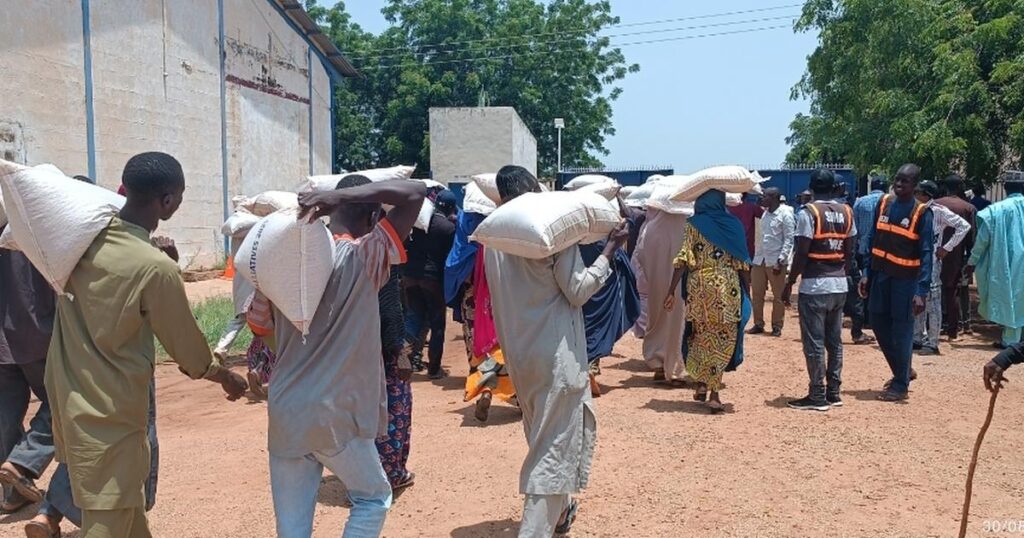Education is a vital aspect of development for any society. Yet, classrooms are nothing short of deplorable in some parts of rural Nigeria, where a significant portion of the population resides. Despite the government’s promises and efforts to improve educational infrastructure, many schools in rural areas still need more resources.
One of the issues plaguing education in rural areas in Nigeria is the infrastructure deficit. Many schools are housed in makeshift structures or buildings that have fallen into disrepair. These structures often need more amenities like electricity, proper ventilation, and sanitation. Students are forced to study in overcrowded and uncomfortable environments, which hinders their ability to learn effectively. The Borno State Universal Basic Education Board (SUBEB) have lamented the deficit in learning structures. Dejectedly, this situation is not exclusive to Borno State alone.
The state of classrooms in rural areas poses significant safety risks to students and teachers alike. Crumbling walls, leaky roofs, and unstable flooring are common hazards those attending rural schools face. Inadequate infrastructure also makes these buildings susceptible to collapse, especially during heavy rainfall or strong winds. As a result, students are constantly exposed to danger, undermining their right to a safe learning environment.
Beyond infrastructure, rural classrooms in Nigeria also suffer from a severe lack of resources. Many schools need more essential teaching materials such as textbooks, laboratory equipment, and basic stationery. This shortage of resources severely limits the quality of education that students receive and hampers their academic ability. Moreover, the absence of technology in classrooms further widens the educational gap between rural and urban areas, leaving rural students disadvantaged.
The condition of classrooms in rural Nigeria has far-reaching consequences for education outcomes. Inadequate structures and insecurity in these areas contribute to low attendance rates, high dropout rates, and poor academic performance among rural students. Many talented individuals cannot reach their full potential due to the lack of opportunities and support. As a result, rural communities remain trapped in a cycle of poverty and underdevelopment, perpetuating the inequality that exists within Nigerian society.
While the Nigerian government has committed to improving education in rural areas, reality tells a different story. Corruption, mismanagement, and bureaucratic red tape have hampered efforts to address rural classrooms’ challenges. Funds allocated for educational infrastructure are often misappropriated or embezzled, leaving schools with inadequate resources to meet their needs. Moreover, the lack of accountability and transparency in the education sector allows these problems to persist unchecked.
Addressing the deplorable state of classrooms in rural Nigeria requires a structured approach that involves government intervention, community engagement, and international support. First, the government must prioritise education as a fundamental human right and allocate sufficient funds to improve infrastructure, provide resources, and train teachers in rural areas. Additionally, greater transparency and accountability in managing education funds are needed to prevent corruption and ensure that resources reach those who need them most.
Community involvement is also crucial in improving rural classrooms. The government should empower local communities to take ownership of their schools, participate in decision-making processes, and contribute to maintaining and improving educational facilities. Partnerships with non-governmental organisations (NGOs), international agencies, and private sector entities can provide much-needed support in terms of funding, expertise, and resources. Without adequate investment in education, the country risks perpetuating the cycle of poverty and underdevelopment that plagues many rural communities. It is incumbent upon the government, civil society, and the international community to work together to ensure that every child in Nigeria has access to quality education and the opportunity to realise their full potential. Only then can we hope to build a brighter future for all Nigerians, regardless of their background or circumstances.



